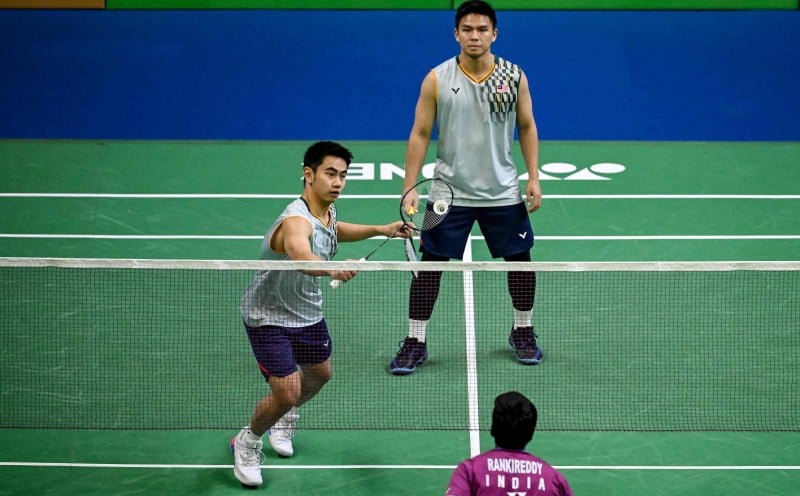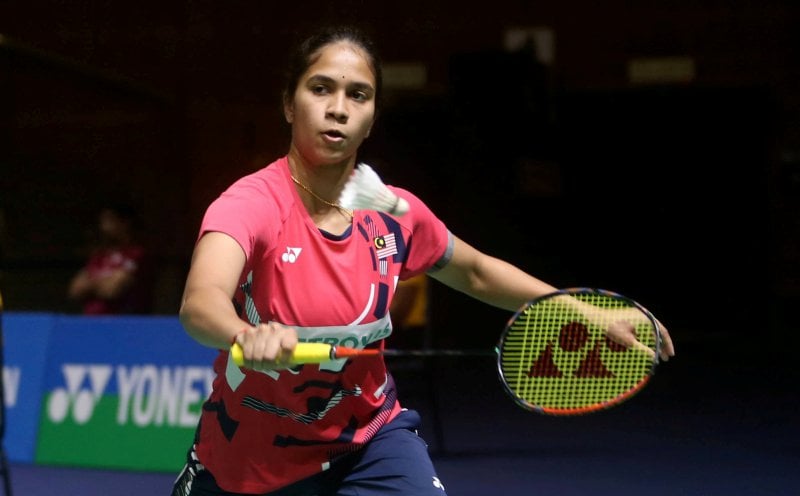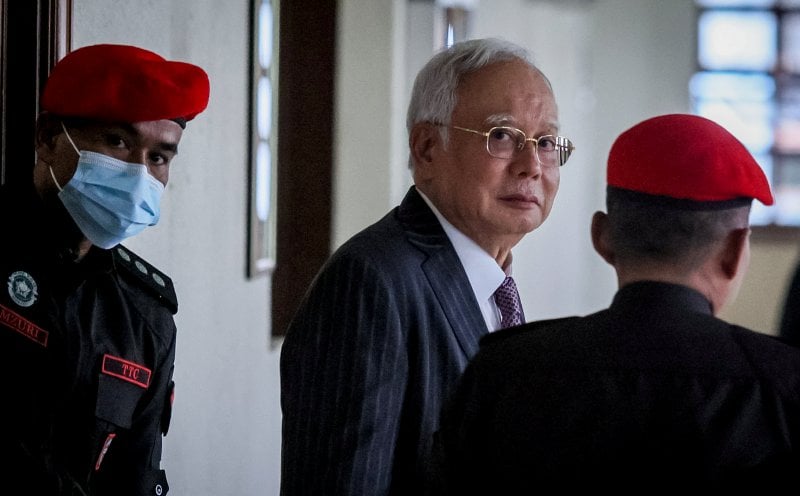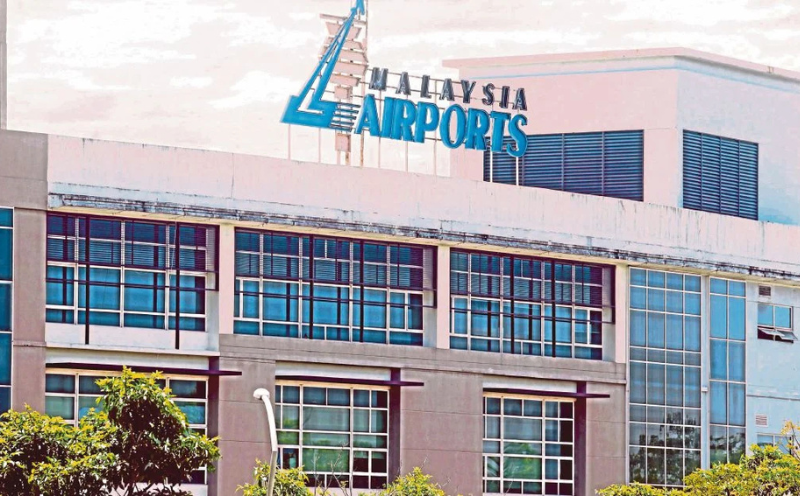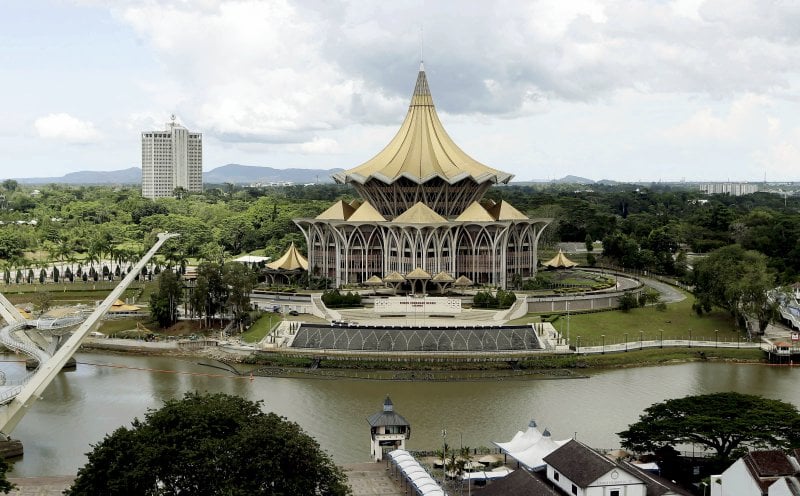PUTRAJAYA: The Court of Appeal today heard that none of the corruption charges framed against Datuk Seri Abdul Azeez Abdul Rahim would stand in court.
His counsel Amer Hamzah Arshad said this was because the Baling member of parliament was working for the company he is accused of taking bribes from.
Amer submitted this during the hearing of an appeal over the High Court's decision dismissing Azeez's application to strike out his 13 charges of receiving bribes and money laundering pertaining to road projects in Kedah and Perak obtained by Menuju Asas Sdn Bhd.
Based on a report by the Malaysian Anti-Corruption Commission (MACC), Amer said his client had been gainfully employed at the company and had received lawful remuneration from it.
"In this report which is based on evidence and witnesses that have been interviewed, the appellant (Azeez) received lawful remuneration from the company. That is the finding in this report.
"The charges seem to have connections with Menuju Asas and under the financial analysis, the report states that the income of the nominee refers to any income received or given legally," Amer said during proceedings conducted via Zoom.
The report, he said, had clearly shown that there is admission by MACC that his client was legally employed by Menuju Asas and received legitimate income from the company and paid taxes to the Inland Revenue Board.
He said based on these facts, the MACC could not blow hot and cold since it had acknowledged that Azeez was receiving lawful remuneration from the company he is connected to.
"On one hand you (MACC) acknowledge he received legal remuneration and now you charge him with receiving bribes and receiving unlawful proceeds from the same employer. That clearly cannot hold water.
"Without even going for a full trial, I submit that based on this report that has not been challenged by the MACC, clearly they had accepted that my client was gainfully employed by Menuju Asas and received lawful income.
"Therefore, none of the corruption charges as well as the money laundering charges would stand in any court of law," the lawyer said.
In his submissions, Amer also argued about how the charges against his client were defective and groundless as they lacked particulars.
He said the prosecution had in four of the charges against Azeez used a wide description on the location where the offences were said to have been committed which is in the "Klang Valley".
This, said Amer, could create another legal issue because Klang Valley covers KL and Selangor.
Relying on the provisions under the Criminal Procedure Code (CPC), he said the venue (of the alleged offence) has to be properly and adequately spelt out in the charge in order to give sufficient notice to the accused.
He said if a particular location is mentioned in the charge like the bank, investigations could be carried out to see whether there is a defence of alibi that can be used by the defence.
"The moment we relax the role requiring the prosecution to give proper and adequate information, the next thing we know a person could simply be charged with "committing an offence in Malaysia".
"That could be sufficient as well if we allow this kind of practice to continue," he said.
On the money laundering charges, Amer said there were no mention of the kind of illegal activities that resulted in the act of money laundering.
He said the charges were groundless because a money laundering act or offence cannot stand on its own because the act of receiving unlawful proceeds can only exist after a serious offence had been committed.
"Under the Money Laundering Act, we have close to 300 serious offences, so are we supposed to speculate and figure out on our own what would be the serious offence that resulted in this act of money laundering.
"This is why we are saying that the charges are groundless," he said.
The panel which comprised Court of Appeal judges Datuk Seri Kamaludin Md Said, Datuk Abu Bakar Jais and Datuk Che Mohd Ruzima Ghazali fixed Oct 6 for the hearing to continue.
Deputy public prosecutor Aslinda Ahad appeared for the prosecution.
Azeez, 55, had filed the application to strike out the 13 charges on Dec 11, last year, claiming that the charges were defective, groundless and made in bad faith.
On March 12, High Court judge Datuk Muhammad Jamil Hussin dismissed the application ruling that the charges against the accused were not defective and the prosecution against him was in accordance to law.
On April 12, the court allowed the former Tabung Haji chairman's application for a stay of his trial at the Sessions Court pending his appeal at the Court of Appeal over the High Court's decision.
On Jan 16, 2019, Azeez was charged with three counts of accepting bribes totalling RM5.2 million in connection with road projects in Perak and Kedah as well as 10 counts of money laundering.
For the bribery charges, he is accused of committing the offences at CIMB Bank, Jalan Tun Perak in Kuala Lumpur on Dec 8, 2010, and at Affin Bank, Pusat Bandar Puchong in Selangor on June 13, 2017, and April 10, 2018, while the money laundering offences were allegedly committed in the Klang Valley area between March 8, 2010, and Aug 30, 2018.
He was initially charged with his brother, Abdul Latif, 63, who was accused with abetting him (Azeez) in obtaining a RM4 million bribe from Mohammad Redzuan Mohanan Abdullah as gratification to help Syarikat Menuju Asas Sdn Bhd secure road projects through limited tender from the Works Ministry.
The project involved the Pantai Baru Coastal Expressway Project, upgrading works of Federal Road FT005 ( Teluk Intan to Kampung Lekir, Perak) valued at RM644,480,000.
However, on Feb 8, Latif was given a discharge not amounting to an acquittal (DNAA) of the abetment charges to become a witness against his brother.
So far, seven prosecution witnesses have testified in the trial which began on Aug 19, last year.
Keywords: Abdul Azeez,Baling,Court of Appeal, striking out, road projects, bribery, money laundering





